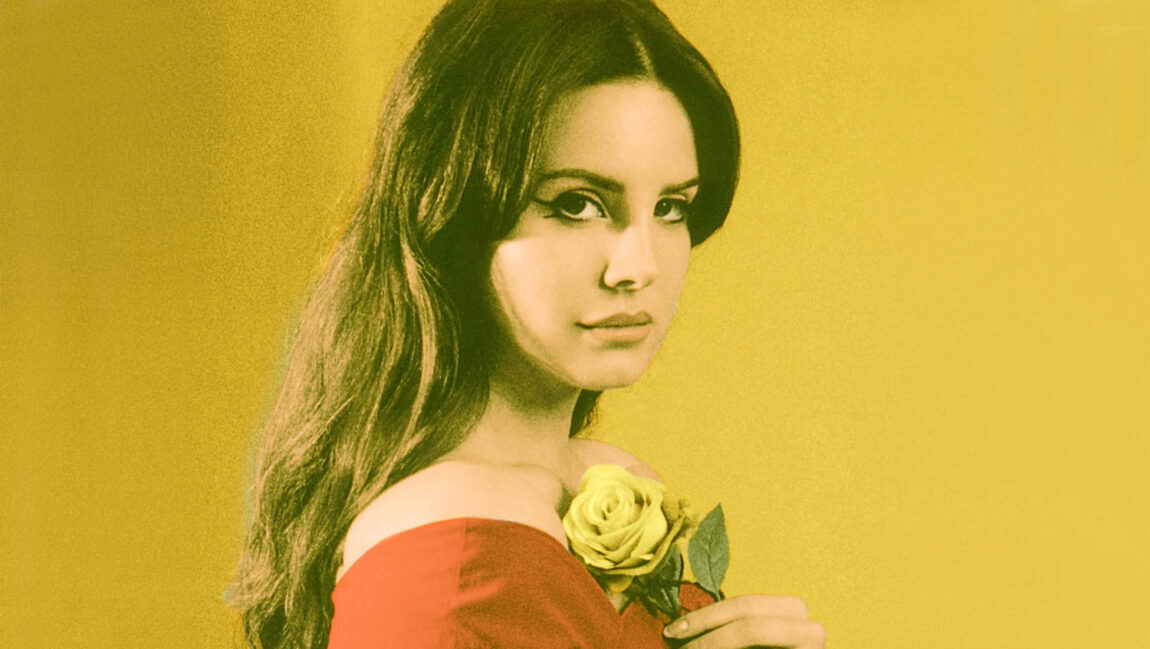The World to Come is a narratively austere but emotionally and sociologically potent study of women and love under patriarchy.
Set on the frigid expanse of the mid-nineteenth century amid material poverty and emotional scarcity, The World to Come finds, in its title, a feeling of spiritual profundity tempered by the earthly promises of better times ahead. This abstraction, hazily articulated through voiceover in one of the film’s many diary entries, arrives at the onset of tragedy: after the death of her young daughter, Abigail (Katherine Waterston) has stopped attending church, barely registering through her muted grief the natural indifference of the external world. “I no longer derive comfort from the thought of a better world to come,” she writes, her days spent tending to her duties both as a farmhand and wife. From a believer’s standpoint, Abigail has lost her Christian faith, resigned to her worldly place till death and beyond; approach her life from a psychological perspective, and the viewer will reach similar conclusions. Opening with a revolving shot of the winter’s barren trees, slowly coming into focus, Mona Fastvold’s accomplished sophomore feature recalls the hypnotic obtuseness of Rick Alverson’s The Mountain, set a full century later under similarly repressive circumstances. Where the latter, fresh off its warring and hegemonic supremacies, justified its institutional violence against women through the prisms of scientific rationalism and suburban utopianism, Fastvold’s possesses a greater elemental immediacy, its patriarchal relationships shaped by religion’s pre-eminence at the American frontier’s cold dawn.
Based on Jim Shepard’s eponymous short story, The World to Come outlines in ravishing detail a space of its own, within and beyond privation of independence and intimacy. Abigail, married to the taciturn but relatively tame Dyer (Casey Affleck), has a bookish and intellectual side, her writing giving voice to her solitary thoughts. While tending to the farm in his company and nursing him in sickness proves amicable enough an arrangement, the occasional moments of tenderness between husband and wife may scarcely bridge the growing divide between them, exacerbated by the loss of their child. Abigail’s numbing acquiescence to a life not quite Hobbesian, but whose agrarian contentments measure as inadequate against her scholarly capacity, comes to dissipate when her new neighbors enter the picture; specifically, Tallie (Vanessa Kirby), the auburn and resplendent wife of a pig farmer. The transformation, naturally, does not happen overnight, and neither does Fastvold frame the budding relationship between her two protagonists explicitly as a romance from the get-go. Tallie, foremost, brings novelty to Abigail’s routine existence, a rare glimpse of summer in the frost and, crucially, another woman in a world of men.
Much like Fastvold’s intoxicating if narratively slight debut, The Sleepwalker, her frontier drama compels and builds through an atmospheric thaw, incrementally articulating the women’s companionable and sensual bonds using the most quotidian of gestures: they gossip, gaze, hazard a graze every so often. In a time when such relationships were considered morally profane, these gestures carried greater import, their significance prone to greater imagination; fantasizing and agonizing alike, as a reader of Jane Austen would know. But where Austen’s novels had the sheltered privilege of their upper-class environs — and a happy ending assured, given their comic sensibilities — such displays of forbidden intimacy, as a recourse to emotional frigidity or otherwise, carried more than just a threat of social stigma for the God-fearing working class. Tallie’s husband, the brutish Finney (Christopher Abbott), lords over her so much that her private hours with Abigail, spent at the latter’s farm, begin to acquire a sacrosanct quality with each passing visit. “Why didn’t you do what you attempted to do?” Abigail asks, after Tallie hesitantly moves in to kiss her but withdraws right before. There is no doubt that Tallie, between the two of them, bears a more cheerful disposition; but where her companion contents herself with literary expressions of their quiet passion (and thereby preserving them in memory), her own providence — one intuits — is circumscribed by her husband’s ill-tempered volatility.
Delineating the trajectories of women historically fated to submission and sexual discontent with a ruggedly compelling and even somewhat optimistic outlook, The World to Come will inevitably find itself pigeonholed into a nascently popular category of non-heteronormative cinema and compared with its contemporaries; the issue with applying such an essentialist label, however, stems from a resultant tendency to reduce its characters and machinations to archetypes and historical trivia, respectively. In this regard, Fastvold may be accused of a lack of structural ambition, for her lovers, unlike those of Céline Sciamma’s incandescent Portrait of a Lady on Fire, lead each other into a love doomed not to end with a bang, but with a whimper. Of course, a harsh realism not only tempers, but also undergirds what essentially remains a historical fiction conjured from the margins of a journal: “My best friend has moved away, I don’t think I will ever see her again.” That Fastvold’s exquisitely fashioned yet narratively austere creation realizes the trials and tribulations of the past with candor, ending on yet another sorrowful note in the Sapphic-romantic genre, attests less to a cultural impulse toward catharsis. Rather, in reckoning with both the materialist conditions of history and their entrenched structures of power, and offering Abigail as a conduit for the imagination’s untold possibilities, it beckons viewers to look to the future with understanding and renewed hope, striving to empower and cherish such sublimity as love’s in our own world to come.







